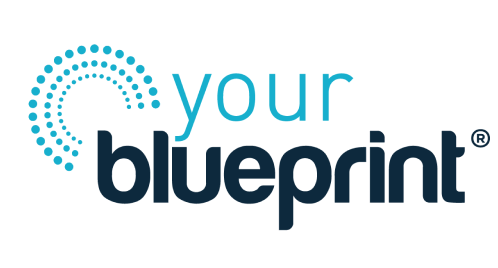Hear from a real AYVAKIT patient
Meet Gloria, a patient who was struggling with her ISM symptoms, and learn about her journey to AYVAKIT.
WATCH NOWMeet Gloria, a patient who was struggling with her ISM symptoms, and learn about her journey to AYVAKIT.
WATCH NOWAccess and support are available for your patients taking AYVAKIT

AYVAKIT has broad national coverage
Over 99% of commercial insurance plans and 99% of Medicare plans cover AYVAKIT*
*Data on coverage are as of December 2024.
Co-pay Assistance Program
Approximately 90% of patients with commercial insurance paid $0 per month† with help from their insurance and with the YourBlueprint® Co-Pay Card‡ when they accessed AYVAKIT through our network of specialty pharmacies.§
†Data on co-pay assistance are as of December 2024. Cost-sharing data are for those patients with commercial insurance.
‡Up to an annual maximum benefit of $25,000. Terms and conditions apply.
§This program covers co-pay, co-insurance and deductible expenses for those who qualify.
FDA=Food and Drug Administration; ISM=indolent systemic mastocytosis; KIT=KIT proto-oncogene, receptor tyrosine kinase.
References: 1. AYVAKIT [prescribing information]. Cambridge, MA: Blueprint Medicines Corporation; November 2024. 2. Kristensen T et al. Am J Hematol. 2014;89(5):493-498. 3. Garcia-Montero AC et al. Blood. 2006;108(7):2366-2372. 4. Ungerstedt J et al. Cancers. 2022;14(16):3942.
INDICATION
AYVAKIT® (avapritinib) is indicated for the treatment of adult patients with indolent systemic mastocytosis (ISM).
Limitations of Use: AYVAKIT is not recommended for the treatment of patients with ISM with platelet counts of <50 x 109/L.
IMPORTANT SAFETY INFORMATION
INDICATION & IMPORTANT SAFETY INFORMATION
Cognitive Effects—Cognitive adverse reactions can occur in patients receiving AYVAKIT and occurred in 7.8% of patients with ISM who received AYVAKIT + best supportive care (BSC) versus 7.0% of patients who received placebo + BSC; <1% were Grade 3. Depending on the severity, withhold AYVAKIT and then resume at the same dose, or permanently discontinue AYVAKIT.
Photosensitivity—AYVAKIT may cause photosensitivity reactions. In all patients treated with AYVAKIT in clinical trials (n=1049), photosensitivity reactions occurred in 2.5% of patients. Advise patients to limit direct ultraviolet exposure during treatment with AYVAKIT and for one week after discontinuation of treatment.
Embryo-Fetal Toxicity—AYVAKIT can cause fetal harm when administered to a pregnant woman. Advise pregnant women of the potential risk to a fetus. Advise females and males of reproductive potential to use an effective contraception during treatment with AYVAKIT and for 6 weeks after the final dose. Advise women not to breastfeed during treatment with AYVAKIT and for 2 weeks following the final dose.
Adverse Reactions—The most common adverse reactions (≥10%) in patients with ISM were eye edema, dizziness, peripheral edema, and flushing.
Drug Interactions—Avoid coadministration of AYVAKIT with strong or moderate CYP3A inhibitors or inducers. If contraception requires estrogen, limit ethinyl estradiol to ≤20 mcg unless a higher dose is necessary.
To report suspected adverse reactions, contact Blueprint Medicines Corporation at 1-888-258-7768 or the FDA at 1-800-FDA-1088 or visit www.fda.gov/medwatch.
Please click here to see the full Prescribing Information for AYVAKIT.
References: